Preoperative Diet for Gallbladder Surgery
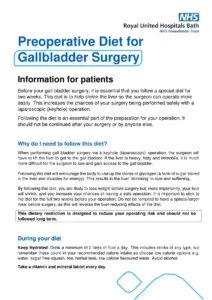
Uploaded by: nuniuniuh2




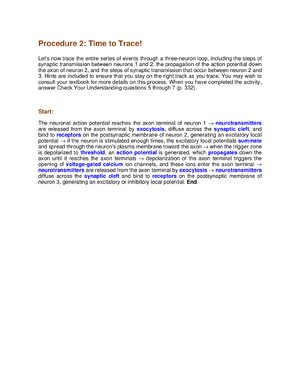

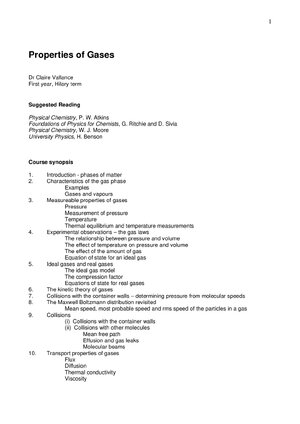
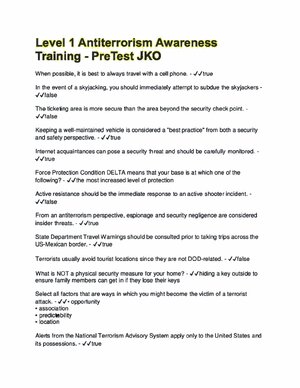
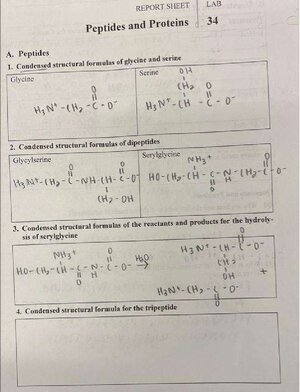
Report This Content
Copyright infringement
If you are the copyright owner of this document or someone authorized to act on a copyright owner’s behalf, please use the DMCA form to report infringement.
Report an issue